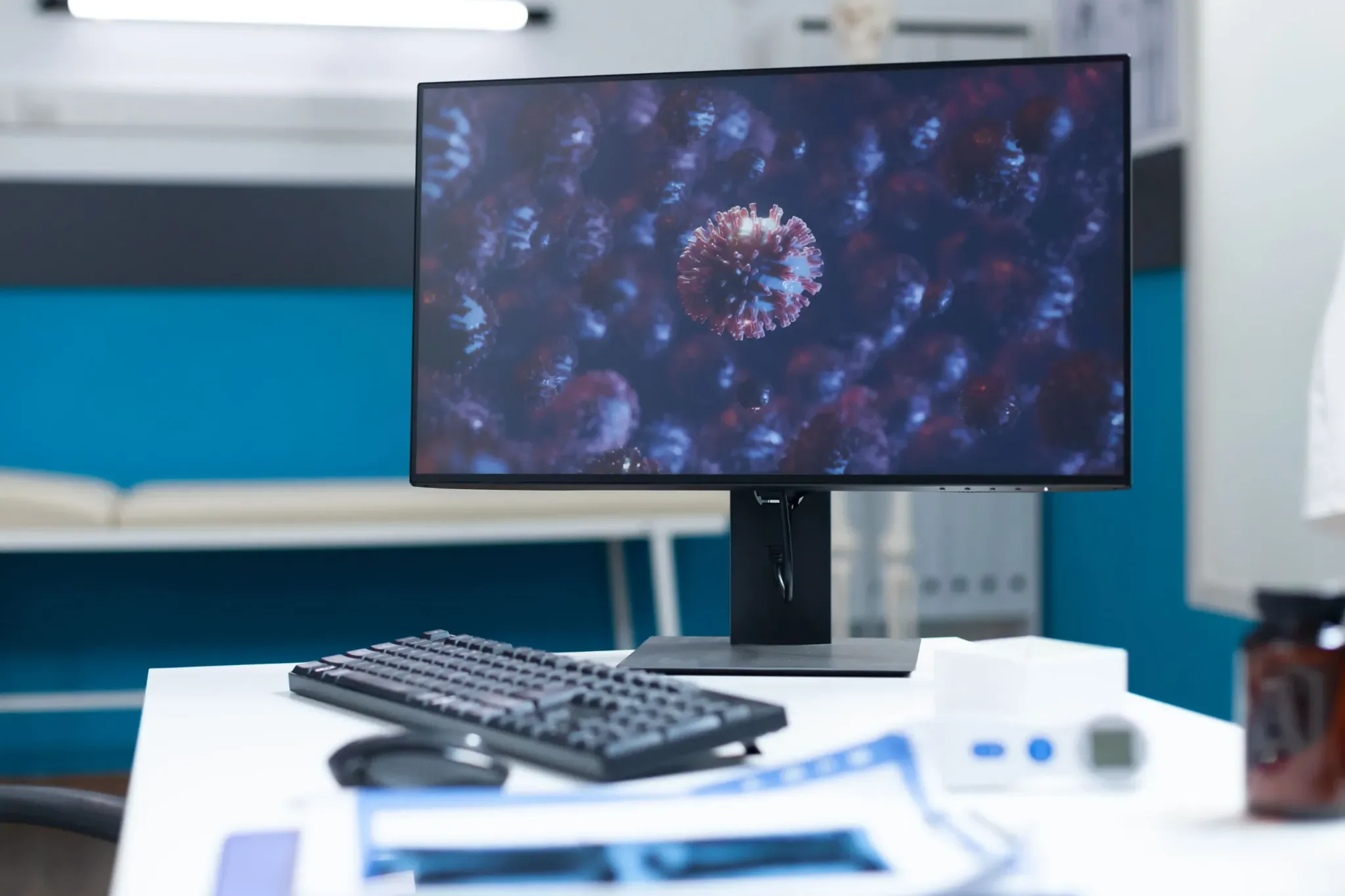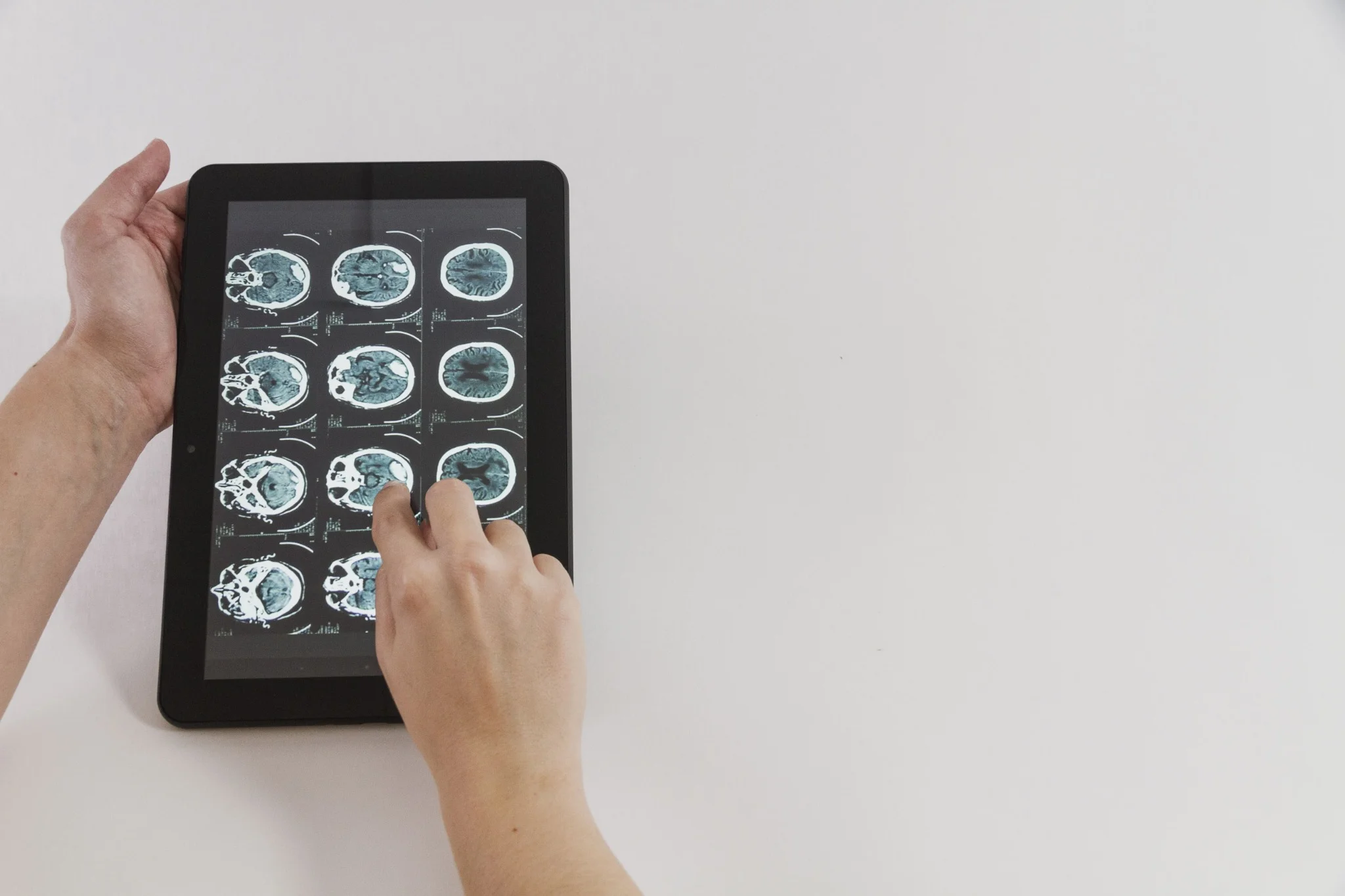Oligoclonal band, CSF Test
Also known as: Oligoclonal Band, CSF
Overview
Oligoclonal bands are a set of immunoglobulin (antibody) bands that are found in the cerebrospinal fluid (CSF) of some people with neurological disorders, particularly those with multiple sclerosis. Oligoclonal bands are detected through a test called the CSF oligoclonal banding assay.
Normally, the proteins in the CSF are present in a specific pattern, with only a small number of immunoglobulins being present. However, in some people with neurological disorders, particularly multiple sclerosis, the CSF contains a greater number of immunoglobulins, and these immunoglobulins are often found in the form of oligoclonal bands.
The presence of oligoclonal bands in the CSF is not specific to multiple sclerosis and can be found in other neurological disorders such as neurosyphilis, meningitis, and encephalitis. However, oligoclonal bands are considered a strong indicator of multiple sclerosis when they are accompanied by other clinical features and imaging studies.
Oligoclonal Band, CSF Price
Metropolis Healthcare is a leading diagnostics centre and pathology lab in India equipped with the latest state-of-the-art technologies that provides the Oligoclonal Band, CSF with a clear pricing structure.
The Oligoclonal Band, CSF Price in Chandigarh is ₹ 4,860 .
We are committed to deliver accurate and quality results from the best labs in India with complete transparency regarding test cost and turnaround time. No matter where you are, we strive to offer patients high-quality service that is affordable and accessible.
Frequently Asked Questions
The Oligoclonal band (OCB) test is a diagnostic test that is used to measure the presence of specific immunoglobulins in the cerebrospinal fluid (CSF) of a person.
Oligoclonal band CSF test is done for the following reasons:
- To diagnose multiple sclerosis (MS) - The presence of oligoclonal bands in the cerebrospinal fluid (CSF) is a common finding in patients with MS.
- To rule out other neurological conditions - The test can help distinguish MS from other neurological disorders that have similar symptoms.
- To monitor disease activity - The presence or absence of oligoclonal bands in the CSF can be used to monitor disease activity and treatment response in patients with MS.
- To aid in diagnosis of infections of the central nervous system - In some cases, oligoclonal bands may be present in the CSF of patients with infections of the central nervous system, such as meningitis or encephalitis.
- To evaluate suspected autoimmune disorders - Oligoclonal bands may also be present in the CSF of patients with other autoimmune disorders affecting the central nervous system, such as neuromyelitis optica or systemic lupus erythematosus.
Some of the symptoms that may prompt a healthcare provider to order an Oligoclonal band test include:
- Vision problems, such as double vision or blurred vision
- Numbness or tingling in the limbs
- Weakness or loss of coordination in the limbs
- Difficulty with balance and walking
- Cognitive changes, such as memory problems or difficulty concentrating.
- Headaches, seizures, or other neurological symptoms
An abnormal result in the Oligoclonal band test for cerebrospinal fluid (CSF) may indicate the presence of certain neurological conditions, such as multiple sclerosis (MS), neuromyelitis optica (NMO), or other central nervous system (CNS) disorders.
During the test, a small amount of cerebrospinal fluid is collected through a lumbar puncture (also known as a spinal tap) procedure, in which a needle is inserted into the lower back to collect a sample of cerebrospinal fluid (CSF). The collected CSF sample is then sent to a laboratory for analysis, where it is evaluated for the presence of oligoclonal bands.
The preparations can vary depending on the specific instructions provided by your healthcare provider or the laboratory performing the test. Inform about any medications you are taking.
In some cases, you may be instructed to fast for several hours before the test, especially if you are undergoing a full spinal tap procedure. This is to reduce the risk of nausea or vomiting during the procedure.
When oligoclonal bands are detected in the cerebrospinal fluid (CSF) of a patient, additional laboratory tests may be ordered to help diagnose and monitor the underlying condition. Some of these tests include:
- CSF analysis: It can help identify infections, inflammation, and other underlying conditions.
- Antinuclear antibody (ANA) test: Elevated ANA levels may indicate an autoimmune disorder that can affect the nervous system.
- Vitamin B12 and folate levels: Deficiencies in these vitamins can cause neurological symptoms, so it is important to rule them out as a potential cause.
Ratings & Reviews (0)
Why Metropolis?
Metropolis has a team of 200 senior pathologists and over 2000 technicians delivering diagnostic solutions in the areas of routine, semi specialty and super specialty domains like Oncology, Neurology, Gynaecology, Nephrology and many more.
We offer a comprehensive range of 4000+ clinical laboratory tests and profiles, which are used for prediction, early detection, diagnostic screening, confirmation and/or monitoring of the disease.





















 WhatsApp
WhatsApp